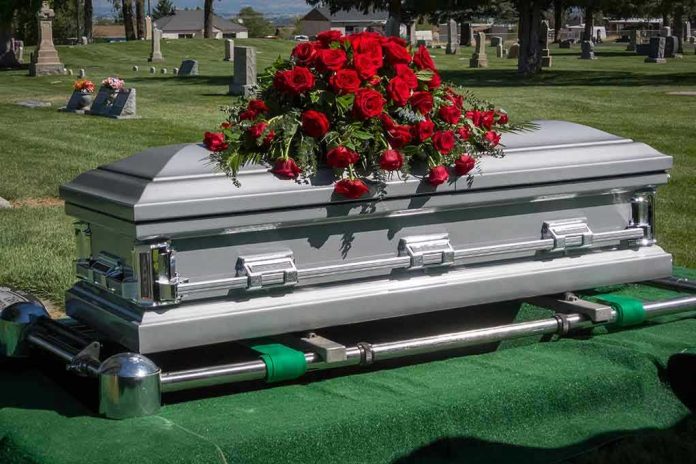
The voice that helped carry reggae music from the streets of Kingston to concert halls worldwide has fallen silent, leaving behind a legacy that transformed how the world heard Jamaica.
Story Overview
- Jimmy Cliff, legendary reggae pioneer and star of “The Harder They Come,” died at 81 following pneumonia after a seizure
- His 1972 film role single-handedly introduced reggae music to international audiences and launched a global cultural movement
- Cliff was the only living reggae musician holding Jamaica’s highest honor, the Order of Merit, at the time of his death
- His six-decade career spanned music, film, and activism, earning him Rock and Roll Hall of Fame induction in 2010
The Film That Changed Everything
Jimmy Cliff’s starring role in “The Harder They Come” accomplished what no reggae artist had achieved before. The 1972 film, debuting in London, served as the world’s first window into Jamaica’s emerging musical revolution. Cliff didn’t just act in the movie; he embodied the rebellious spirit of a generation seeking to break free from poverty and oppression through music.
The film’s soundtrack, featuring Cliff’s powerful vocals, became a global phenomenon. Songs like “The Harder They Come” and “You Can Get It If You Really Want” transcended musical boundaries, speaking to universal themes of perseverance and hope that resonated far beyond Jamaica’s shores.
From Hurricane Hattie to International Stardom
Born James Chambers on July 30, 1944, Cliff’s journey began with remarkable early promise. At just 17, he recorded his first hit “Hurricane Hattie” in 1962, establishing himself as a force in Jamaica’s evolving music scene. This early success positioned him at the forefront of reggae’s transformation from local ska and rocksteady roots into a worldwide cultural phenomenon.
Cliff’s musical versatility set him apart from his contemporaries. He seamlessly blended reggae with soul, rock, and pop elements, creating a sound that appealed to diverse audiences while maintaining authentic Jamaican roots. His 1993 cover of “I Can See Clearly Now” demonstrated his enduring ability to reinvent classics with reggae sensibility.
Cultural Ambassador and Living Legend
Beyond entertainment, Cliff wielded his platform for social change. His anti-apartheid activism and songs addressing poverty, injustice, and human dignity elevated reggae from party music to protest anthem. Jamaica recognized his contributions by awarding him the Order of Merit, the nation’s highest honor, making him the sole living reggae musician to hold this distinction.
His 2010 Rock and Roll Hall of Fame induction validated what fans worldwide already knew: Cliff had fundamentally altered popular music’s landscape. His influence extended beyond reggae, inspiring countless artists across genres who recognized his ability to infuse social consciousness into irresistibly catchy melodies.
The End of an Era
Cliff’s death on November 24, 2025, from pneumonia following a seizure, closes a remarkable chapter in music history. His wife’s announcement of his passing prompted immediate reflection on a career that spanned from reggae’s birth to its global dominance. Unlike many artists who peak early, Cliff maintained relevance across six decades, continuously evolving while staying true to his Jamaican roots.
His legacy extends beyond record sales and accolades. Cliff proved that authentic cultural expression, when delivered with genuine passion and skill, could break down barriers and unite people across racial, national, and economic divisions. The boy from Jamaica who started with “Hurricane Hattie” ultimately weathered every storm, leaving behind music that will continue inspiring long after the final note has played.






